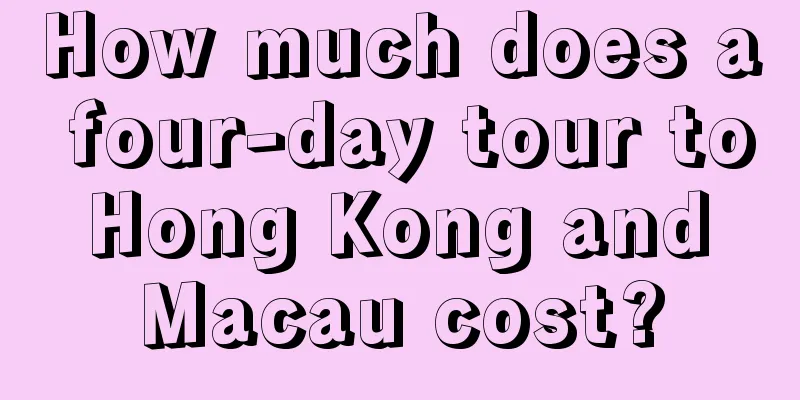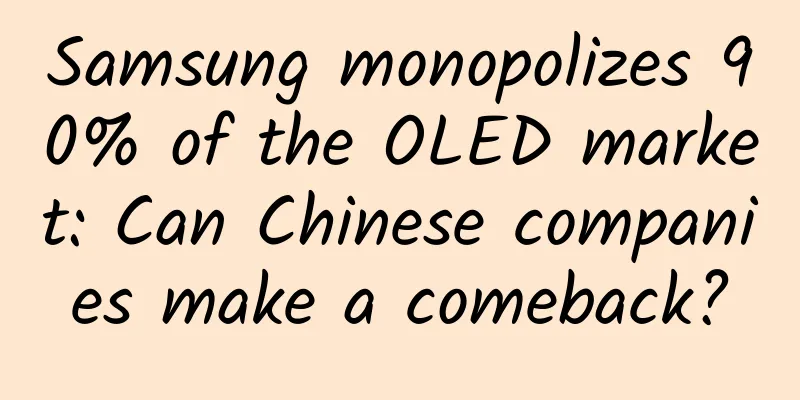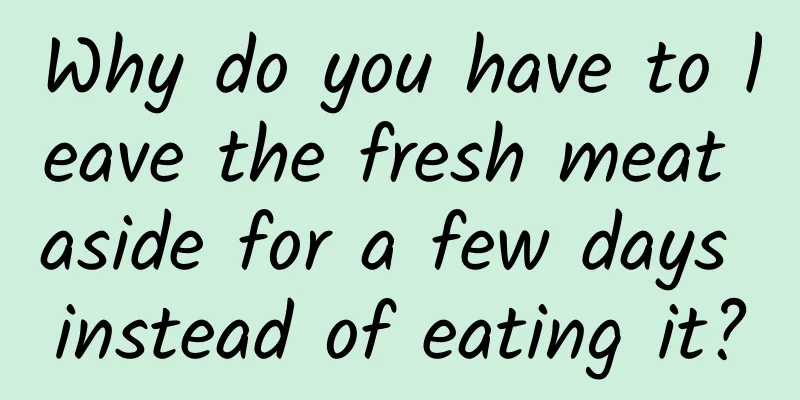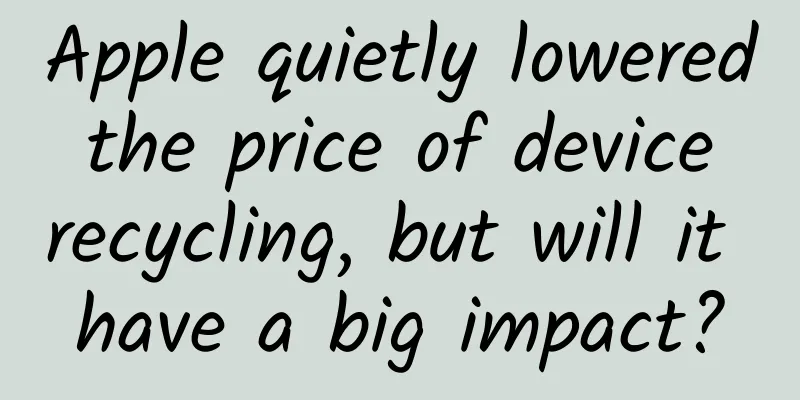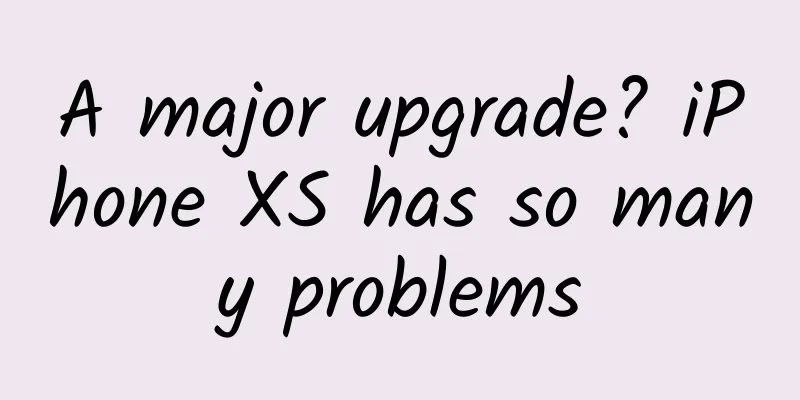Android 12 intends to regulate "idle apps", which may have a counterproductive effect
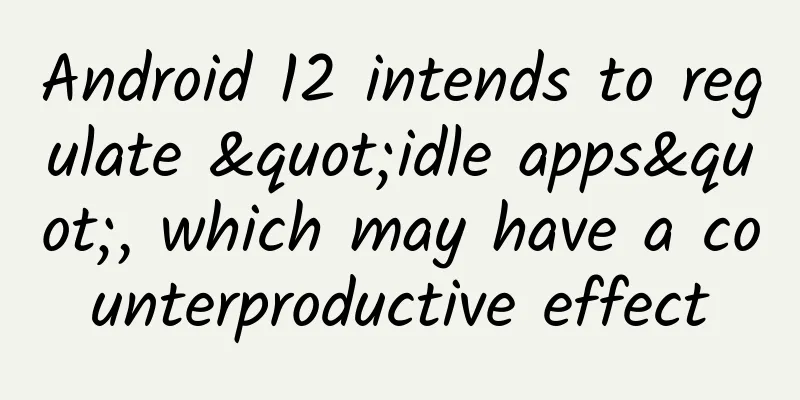
|
Everyone may have had this experience when using a mobile phone. Sometimes you accidentally download an APP or follow the trend, and lose interest in it after using it for a while. But you feel it’s a pity to delete it, in case it may be useful in the future. If you don’t delete it, you are worried that it will increase power consumption and take up storage space. So is there a way to clean up disk space and prevent these infrequently used apps from consuming power in the background without deleting them? In fact, there is a corresponding method in the Android system. Because we can find these infrequently used programs in the app list and directly choose to "disable" them. At this time, the APP itself will still exist in the phone, but on the one hand, its icon will be automatically hidden, "out of sight, out of mind". On the other hand, the "disabled" APP not only loses the ability to start automatically, but also the cached junk files generated by its own operation will be automatically emptied, which is equivalent to putting the application into "forced hibernation" indefinitely. Some friends may think that it is too troublesome to manually "disable" apps one by one and manually enable them when needed. Is there a simpler way to solve this problem? Yes, because Android 12 has a new featureAccording to the developer website XDA, their technicians recently discovered a new feature called "auto-hibernate" in the development code of Android 12. This feature is aimed at "idle apps" that users have installed but not used for a long time. Specifically, Android 12 will monitor the usage of apps. When an app has not been opened for two months, the system will automatically switch the app to "sleep" state. Unlike manual sleep, the app icon will not be hidden at this time, but its running cache files have been completely cleared at this time, and it will not be able to start automatically in the background. Secondly, compared with manual hibernation operation, Android 12's "auto hibernation" function will automatically reset the permissions of those hibernated apps. In other words, the permissions that were once allowed for these apps, such as reading contacts, sending text messages, and obtaining device location, will all be reset to a prohibited state after "auto hibernation". In this way, not only can the app not start by itself, but its channels for snooping on user privacy in the background are also completely cut off, and it can also play a role in further saving power, which can be said to be very thoughtful. The devil is always stronger than the righteous, and developers may have bad intentions because of thisIt is not difficult to see that if Android 12 will eventually have this "auto-sleep" function built in, it will indeed be of great help in "rectifying" long-idle apps and preventing them from consuming power in the background and stealing user privacy.
However, from the developer's point of view, the "auto sleep" function of Android 12 is obviously not good news. Because this means that if an APP is not opened within two months, it is not only likely to lose a user forever, but also the function of secretly starting in the background or collecting user data will be completely banned. It can be said that except for the icon being displayed, it is no different from being uninstalled. Because of this, this feature makes us at Sanyi Life worried. In order to prevent their apps from being recorded as "not opened for two months", will developers push notifications more actively to induce users to click? Or, as in some of the examples we have mentioned before, will they simply launch a transparent window and then perform fake clicks through the program to deceive the system into thinking that "the user has used the app"? Whether from a technical or commercial perspective, we cannot rule out the possibility that once Android 12 begins to step up its efforts to regulate "idle apps", it may trigger a greater backlash and even lead to the occurrence of the various phenomena mentioned above. However, Google may have thought of it, and things may still turn around.Looking at the development history of the Android system, it is not difficult to find that at least after Android 6.0, Google has gradually increased its control over bad behaviors of apps. From adding a native permission controller to the system at the beginning, to forcing apps to publicize permissions when they are installed and started for the first time, to the future or automatic "blocking" of infrequently used apps... These designs are all aimed at better protecting user privacy and improving the operating efficiency of mobile phones. But even if Google has tightened permission controls again and again, some "cunning" developers can always find ways to exploit loopholes. Take the current Google requirement that Android "apps must explicitly indicate permissions" as an example. Although many apps will obediently apply for various permissions when they are first launched, once the user refuses, they will either crash and not allow the app to be used, or repeatedly apply for relevant permissions again with various prompts or "kindness" or "intimidation". In the end, users are fed up and often make compromises in order to at least use their phones normally, which ultimately allows these developers to succeed.
Fortunately, there are still several months before the official release of Android 12. For Google, they still have enough time to collect user feedback, observe the attitudes of developers, and further improve the "auto-sleep" function. For example, in response to the problem mentioned in our previous article that some applications may more actively induce users to click to use them in order to avoid being "slept", Google may introduce further evaluation mechanisms, or even give consumers a more convenient manual one-click "sleep" APP channel. |
<<: iOS 15 will focus on optimizing the notification center and lock screen interface
>>: Google Android 12 Developer Preview Beta 3 gets minor changes to the notification center
Recommend
Latest research! Not everyone needs eight glasses of water a day
From childhood to adulthood Always hear people sa...
2019 "Feiliao App" product operation analysis!
From the content of Feichat's promotional art...
Level 3 emergency response initiated! Heavy rain + thunderstorm + strong wind! These areas should be on guard →
The Central Meteorological Observatory continued ...
British Rail Operation Group: Introducing self-driving trains
A railway development report released by the Brit...
How much does it cost to install a 400 phone? How much does it cost to install a 400 phone?
The installation of 400 telephone is an indispens...
Xiaomi 4 VS iPhone 5s: The ultimate showdown: details determine the winner
Xiaomi Mi 4 is finally released. It uses Qualcomm...
Detailed explanation and practical application of Android system service DropBoxManagerService
1. Background As the number of company applicatio...
Learn from dolphins! Learn the secrets of sound waves and become more comfortable underwater~
Author: Li Chuanfu In the depths of the ocean, do...
What is it like to have a good figure? Let's meet this "water bird model"
What is it like to be in good shape? Probably amo...
From 0 to 1, how can technology products identify the right seed users?
This is a boiling era. In the past month, Apple, ...
World Economic Forum: Global Energy Transformation Index Report 2022
According to the 2022 report "Driving Effect...
9 knowledge points for marketers in 2020!
2020, the sky is full of black swans. The economy...
Going to work slowly, rushing off work quickly! How does the new top star walk with his head and body showing off separately!
Beijing Winter Paralympics is about to open Xue R...
See how 8 industry-leading brands interpret the effectiveness of information flow advertising
In recent years, information flow ads have become...
A comprehensive explanation of the Android advanced view coordinate system
Preface First of all, I wish you all a happy Nati...
